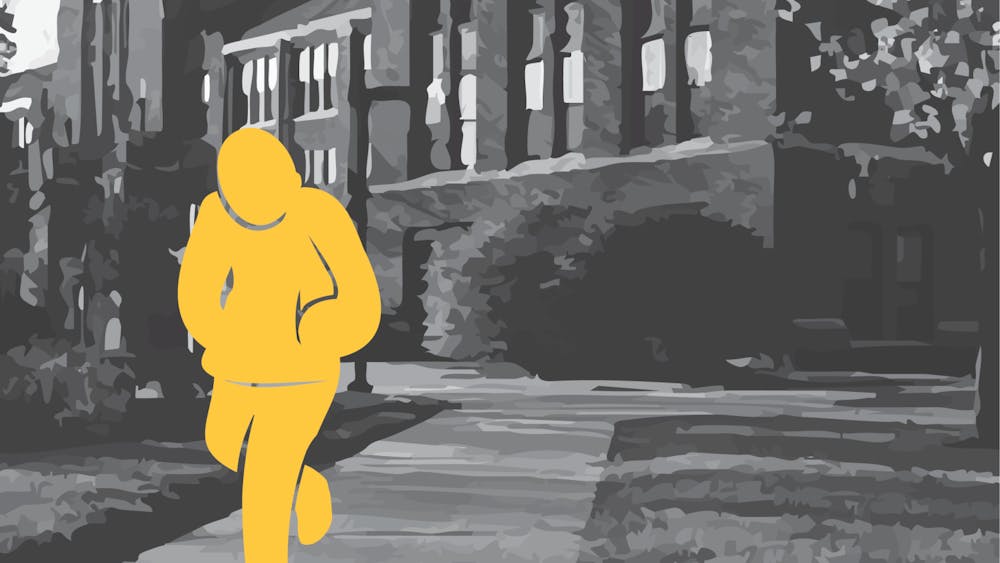EDITORIAL: Vigilantism and the limits of civil society
When George Zimmerman pursued, shot and killed 17-year-old Trayvon Martin on the night of Feb. 27 in Florida, he may have been motivated by race, but he was certainly protected by reckless legislation.
The shooter, who served as a self-appointed armed watchman for the gated community where he and Martin's father resided, called police when he became wary of Martin walking home from a convenience store.
Zimmerman had been on edge for some time, reportedly having called police 46 times since Jan. 1, 2011 and warned neighbors to be on the lookout for young, black outsiders, possibly responsible for recent thefts in the area.
Martin, of whom Zimmerman told police dispatchers "looks like he’s up to no good" before fatally shooting him, was actually neither an outsider nor committing any crime. He was returning from a convenience store, armed only with a bag of Skittles and a can of iced tea. According to transcripts of Zimmerman's and other calls to both emergency and non-emergency dispatchers, Zimmerman pursued a running Martin, against the wishes of police, before an altercation broke out.
Screams can be heard on the recorded calls, ending suddenly with the crack of a gunshot. Martin died at the scene.
The story should end there; an overly zealous man, obsessed with crime and law enforcement, appeared to have committed a senseless act of violence against a harmless teenager who did nothing more than walk on the sidewalk. In a civil society, law enforcement would take Zimmerman into custody to determine if he was, in fact, actually threatened.
Instead, nearly a month later, Zimmerman remains a free man, though the case has been picked up for investigation from the Department of Justice. While there is much speculation as to whether or not race played a card in Zimmerman's actions (almost certainly) or the lack of response from the police (debatable), it is clear that Florida's "Stand Your Ground" law had led to further grave injustice.
The 2005 Florida law allows the use of deadly force in any situation in which a person feels threatened. Court rulings have set a precedent in which it now falls on the prosecution to prove, beyond a reasonable doubt, that persons acting in the way Zimmerman did were not acting in self-defense. Such a heavy burden makes it seem likely that Zimmerman, at least for the moment, will be immune from any sort of prosecution.
"Stand Your Ground" laws make it not only more likely for civilians to mete out justice as they see fit; it makes them more likely to lay down judgement in any situation. It allows people like Zimmerman, a criminal justice student and vigilante, the freedom to engage other civilians with firearms with far less discretion or oversight than we demand of our law enforcement officers.
In pursuit of rights for gun owners, legislators in Florida and 15 other states, with more set to come, have abandoned a coherent rule of law. Suddenly bringing a gun to a fistfight is no longer aggressive but condoned. Recorded on the 911 call, Zimmerman tells the dispatcher that Martin is running before pursuing him.
Zimmerman failed to stand his ground, instead choosing to chase and engage the teenager. Now an irresponsible piece of legislation may protect him from the due process Martin's family deserves.



